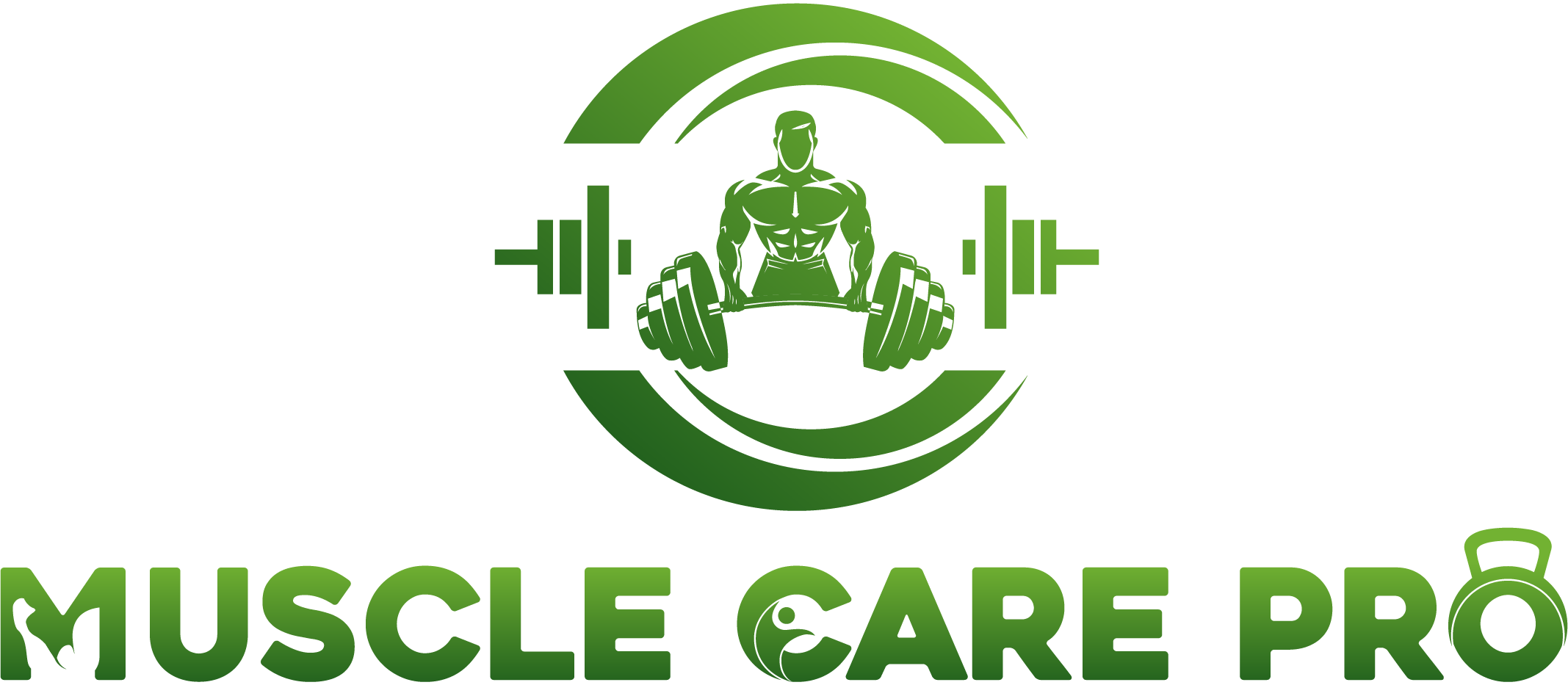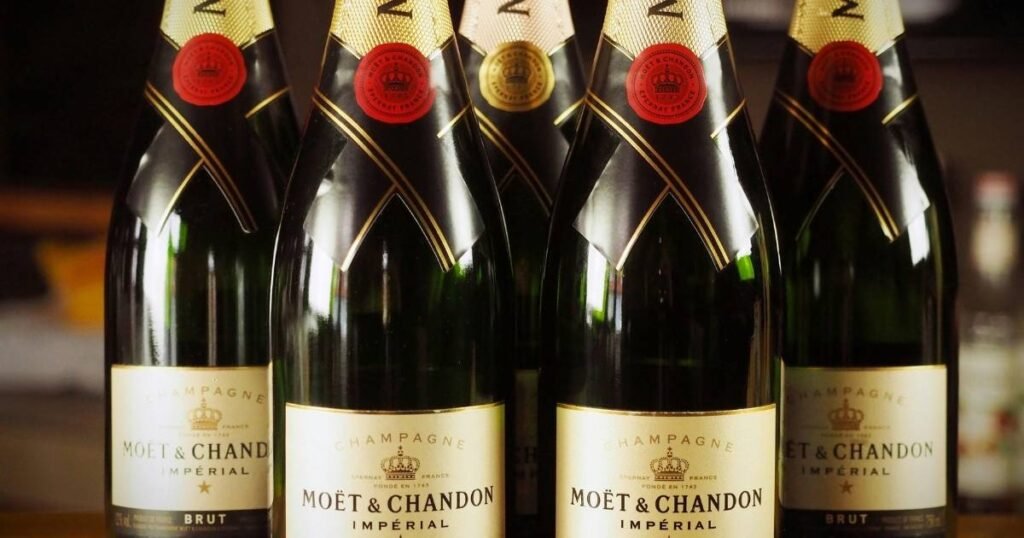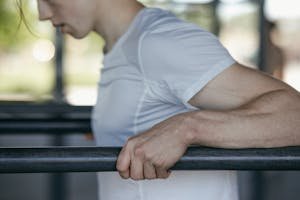How long after taking a muscle relaxer can you drink alcohol
It is not safe to mix muscle relaxers with alcohol because both are Central Nervous System (CNS) depressants. The use of alcohol after taking a muscle relaxant may cause excessive sleepiness, respiratory depression, and poor motor skills. These dangers are usually avoided by abstaining from alcohol for at least 24 hours.
What Are Muscle Relaxers?
Muscle relaxants, also known as muscle relaxers, are pharmaceutical products that help with muscle spasms, muscle tightness, and pain within the muscle. These medications impact the patient’s central nervous system (CNS) and how the CNS can send messages from the brain to the muscles.
How Long After Taking a Muscle Relaxer Can You Drink Alcohol?
The appropriate time frame for drinking alcohol comfortably after having a muscle relaxant varies with many factors such as the type of muscle relaxant taken, the amount prescribed, and the individual’s medical history. In general, the experts say that it is safe to consume alcohol at least 24 hours after taking a muscle relaxer.
Why Should You Avoid Mixing Muscle Relaxers and Alcohol?
The use of muscle relaxers while under the influence of alcohol can enhance the central nervous system depression, leading to the following symptoms:
- Increase in sleepiness
- Depressed respiratory center
- Deterioration of ability to move freely and coordinate actions
Common Side Effects of Muscle Relaxers
1. Drowsiness
Drowsiness resulting from consuming muscle relaxers is not an uncommon side effect and may take a few hours to dissipate. This can be further exaggerated when alcohol is consumed.
2. Dizziness
Being drowsy is a common side effect of muscle relaxers, and in case alcohol is consumed too quickly following the medicine intake, this effect may also manifest on a higher level.
How Long Do Muscle Relaxers Remain in Your System?
How long muscle relaxers stay in your system highly depends on age, metabolism, and the medication itself. In general, over-the-counter muscle relaxants have half-life values that vary from a few hours to approximately one day.
The Dangers of Mixing Muscle Relaxers and Alcohol
1. Slowed Reaction Times
Consumption of alcohol can lead to delayed effects of a stimulus in the body whereas the same can be enhanced to a greater degree when combined with other drugs such as muscle relaxants.
2. Increased Risk of Accidents
The use of muscle relaxants and alcohol together is dangerous as both impair coordination and judgment and increase the risk of accidents.
When Is It Safe to Drink Alcohol After Taking a Muscle Relaxer?
1. Short-acting
In case someone is using a short-acting muscle relaxant, it is advisable to refrain from any activities for at least 12 to 24 hours.
2. Long-acting
In the case of muscle relaxants with prolonged action, abstinence from alcohol consumption for at least 48 hours following the last dose is considered the safest option.
Alternatives to Drinking Alcohol When on Muscle Relaxers
If you are under the influence of muscle relaxers but still wish to partake in a social gathering, think about other options.
- Choose virgin drinks instead.
- Choose water, or other drinks with taste.
Conclusion
Because of the risk for grave side effects, mixing muscle relaxants with alcohol should be avoided. It is, therefore, advisable to strictly adhere to medical advice and control the timing between the use of the medicines and the consumption of alcohol.
FAQs
1. Can I drink alcohol 8 hours after taking a muscle relaxer?
It is advisable to hold off for a minimum period of 24 hours to mitigate adverse reactions.
2. Will a single drink affect me if I take a muscle relaxer?
Muscle relaxant medications can be affected by the slightest quantity of alcohol and alcohol intake tends to increase their sedative effects.
3. How can I know if my muscle relaxer is short-acting or long-acting?
Seek clarification from your healthcare provider about the period of use for your medication.
4. What are some signs of a negative interaction between muscle relaxers and alcohol?
Symptoms of the condition include excessive sleepiness, altered mental status, or the patient goes into respiratory distress.
5. Can I speed up the process of eliminating muscle relaxers from my body?
It is not advisable to accelerate the process as the body itself processes these drugs.











